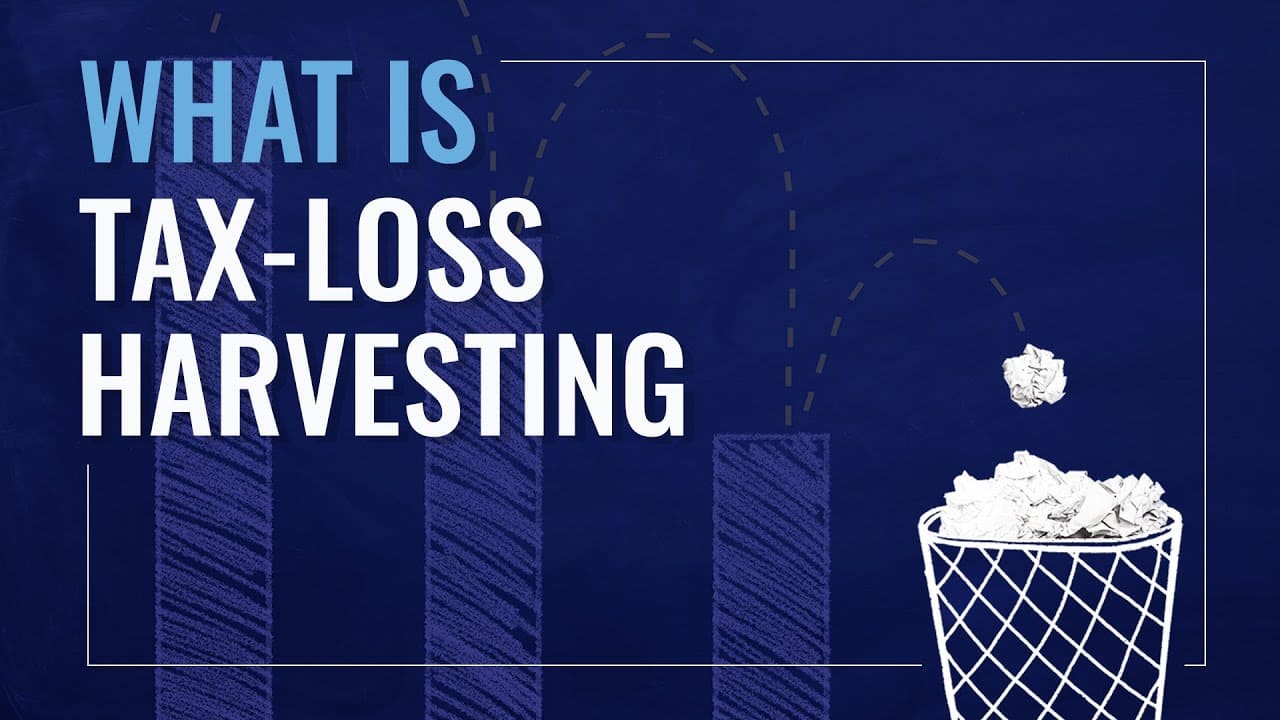Tax Loss Harvesing in India
Tax loss harvesting is a common strategy by investors to minimize their tax liabilitys. This Technique Involves Selling Investments that Have Lost Value in Order to Offset Gains from Other Investments. This strategy can be particularly used in India, where tax laws are stringent and tax rates are high. In this article, we will discuss tax loss harvesting, its benefits, risks, and recent updates based on the cylindered on the cylinder.
What is tax loss harvesting?
The basic idea behind tax harvesting is to sell investments that have decreased in value to offset capital gains tax on other investments that have appreciated. This strategy is particularly useful for investors with large portfolios muliple security.
Tax Loss Harvesting Example – How it works?
Let’s Consider an example to undertand how tax loss harvesting works in India in Cy25,
Suppose you have invested ₹. 10 Lakh in Stocks and Made a Capital Gain of ₹. 2 Lakh by Selling Some Shares. However, you also have stocks in your portfolio that have declined, resulting in a loss of ₹. 1 lakh. INTEAD of HOLDING ONTO This losing stocks, you can sell them to offset the capital gain from the salary of other shares.
- Before tax harvesting: Capital Gain = ₹. 2 lakh (full taxable)
- After tax harvesting: Capital Gain = ₹. 1 Lakh (after adjusting ₹. 1 Lakh Loss)
- Tax Benefit: Your Taxable Gain Reduces, Leading to Lower Tax Liability.
Additionally, any remaining capital loss can be Carried Forward for 8 Years to offset gains in future years.
Budget Cy25 Updates for Tax Loss Harvesting
The Union Budget 2025 Introduced some key changes related to capital gains taxation:
- Changes in long-term capital gains (ltcg) taxation
- The ₹. 1 Lakh Ltcg tax exemption remain unchanged.
- Indexation benefits for debt mutual funds have been reinstated, Making Tax Loss Harvesting More Effective for Debt Fund Investors.
- Tighter rules on short-term capital gains (stcg)
- Stcg tax on equity remains at 15%But tax slabs on other asset classes like debt and real estate have been revised.
Benefits of tax loss harvesting in India
- Lower tax liability
- By offsetting capital Gains, Investors Can Reduce Taxable Income, Thus Lowering the tax payable.
- Portfolio rebalancing
- Investors can replace underperforming stocks with better investments while reduction tax burden.
- Maximizing deductions
- Any unuiled losses can be carried forward for up to 8 years to offset future gains.
- Highher investment returns
- Selling Loss-Making Investments and Reinvesting in Better-Peerming Stocks Can lead to Higher returns over time,
Risks of tax loss harvesting
- Market Risk: If Markets Recover after Selling, You Might Miss out on Potential Gains.
- Short-Term Gains Taxation: If you sell within one year, short-term capital gains (STCG) Tax Applies.
- Transaction costs: Brokerage Charges, STT, and other costs can reduce benefits.
- Compliance Issues: Ensuring Proper Documentation for Tax Filings is Crucial.
Faqs on tax loss harvesting in India
- Is tax loss harvesting legal in India?
- Yes, it is a legally accepted tax-saving strategy.
- How Much Tax Can Be Saved?
- If Total Long-Term Capital Gains Remain Under ₹. 1 lakh, no tax is payable. Any excess gains will be taxed at 10%.
- Can Tax Loss Harvesting Be done for Mutual Funds?
- Yes, Investors Can Sell Part of Their Mutual Fund Units, Book Ltcg or Stcg Losses, and Reinvest the Amount.
- Does zerodha offer a tax loss harvesting tool?
- Yes, zerodha users can check the Console> Reports> Tax Loss Harvesting Section.
Conclusion
Tax loss harvesting is a Valuable Strategy to Reduce Capital Gains Tax and Optimize portfolio performance. Given the latest Cy25 budget updates, investors should carefully plan their tax-service strategies while considering the risks involved. By Executing this Technique Wisely, Investors Can Maximize Returns whose Legally lowering their tax liabilitys.
Have you found this article useful? Share it on Facebook, Twitter, and Telegram to Help Others Save on Taxes!
Discover more from myinvestmentideas.com
Subscribe to get the latest posts sent to your email.
(Tagstotranslate) Reduce Tax on Capital Gains (T) Reduce Tax on Long Term Capital Gains (T) Tax Loss Harvesting (T) Tax Losses Harvesting Techniq (T) Tax Loss Harvesting Tool Rule compliace

